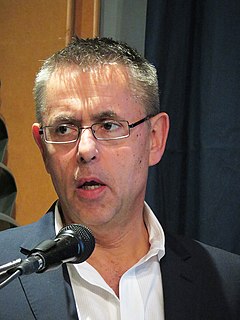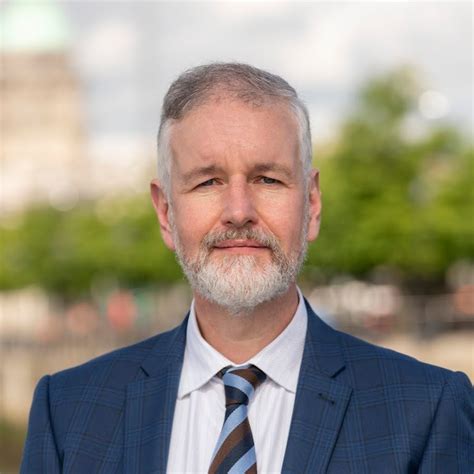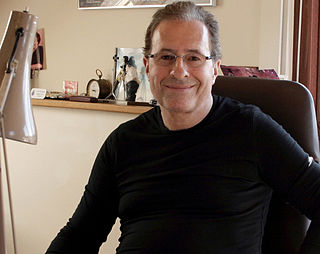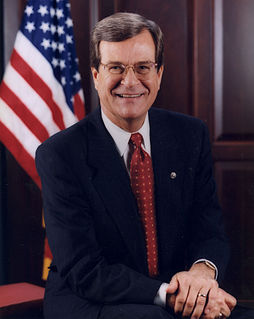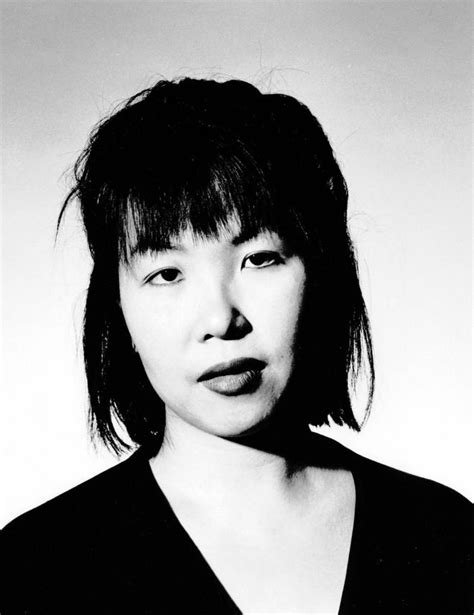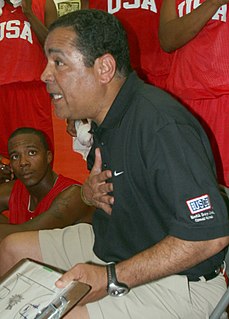A Quote by Norman Swan
Most of us would be happy with one big idea implemented in our lifetimes.
Related Quotes
We have simply arrived too late in the history of the universe to see this primordial simplicity easily... But although the symmetries are hidden from us, we can sense that they are latent in nature, governing everything about us. That's the most exciting idea I know: that nature is much simpler than it looks. Nothing makes me more hopeful that our generation of human beings may actually hold the key to the universe in our hands - that perhaps in our lifetimes we may be able to tell why all of what we see in this immense universe of galaxies and particles is logically inevitable.
Anarcho-capitalism, in my opinion, is a doctrinal system which, if ever implemented, would lead to forms of tyranny and oppression that have few counterparts in human history. There isn't the slightest possibility that its (in my view, horrendous) ideas would be implemented, because they would quickly destroy any society that made this colossal error. The idea of 'free contract' between the potentate and his starving subject is a sick joke, perhaps worth some moments in an academic seminar exploring the consequences of (in my view, absurd) ideas, but nowhere else.
In the Art of Dreaming Don Juan tells Carlos, "... most of our energy goes into upholding our importance... if we were capable of losing some of that importance, two extraordinary things would happen to us. One, we would free our energy from trying to maintain the illusory idea of our grandeur; and two we would provide ourselves with enough energy to ... catch a glimpse of the actual grandeur of the universe."
The most profound question is, "What would I risk dying for?" The natural answer is "for my family." But for most of history, we didn't live in families. We lived in small communities that gave us our sense of safety and place in the world, so the natural answer would be "for my people." The blessing and the tragedy of modern life is that we don't need our community to survive anymore. When we lose that idea, we lose a sense of who we are.
